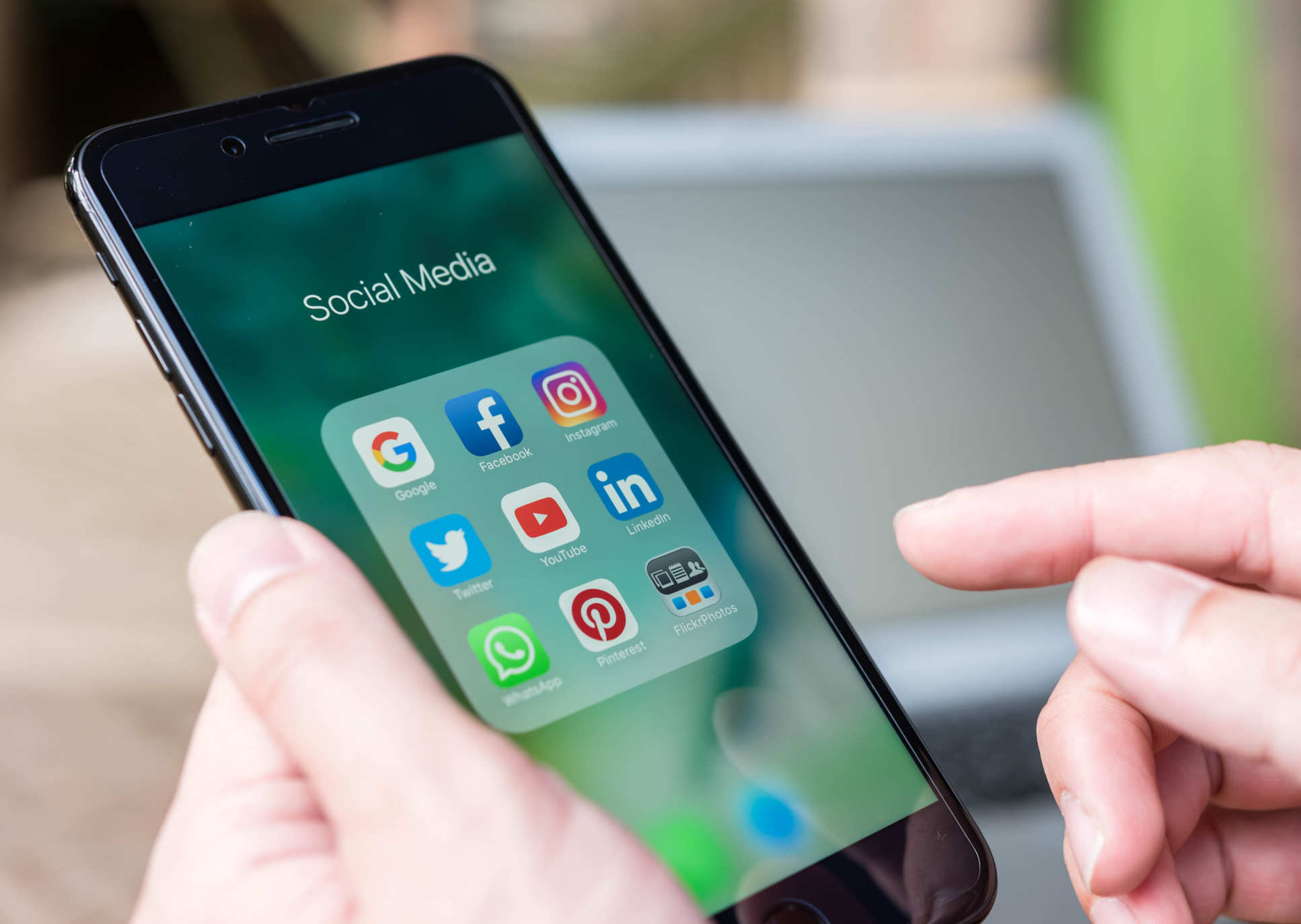Study uncovers how heavy social media use disrupts girls’ mental health
by Ryan O'Hare

Frequent, heavy social media use can disrupt activities which promote positive mental health in girls, new research suggests.
The findings come from the first comprehensive observational study into how very frequent use of platforms such as Instagram, Facebook, Snapchat and WhatsApp may harm the mental health of young people.
The research, led by Imperial College London and University College London, and looked at thousands of teenagers, found that in girls, harms may be due to increased exposure to cyberbullying, loss of sleep or reduced physical activity.
However, the researchers say that the impact on boys’ mental health appears to mainly be due to other mechanisms, not revealed by this study.
The researchers suggest that efforts should be made to reduce young people’s exposure to harmful content on social media, and combat the impact it has on healthy activities such as sleep and exercise
Mental health harms
Professor Russell Viner, from the University College London, who led the research, explained: “Our results suggest that social media itself doesn’t cause harm, but that frequent use may disrupt activities that have a positive impact on mental health such as sleeping and exercising, while increasing exposure of young people to harmful content, particularly the negative experience of cyber-bullying.”
Dr Dasha Nicholls, from the Department of Brain Sciences and co-author of the study, said: “The clear sex differences we discovered could simply be attributed to girls accessing social media more frequently than boys, or to the fact that girls had higher levels of anxiety to begin with. Cyberbullying may be more prevalent among girls, or it may be more closely associated with stress in girls than in boys.
“However, as other reports have also found clear sex differences, the results of our study make it all the more important to undertake further detailed studies of the mechanisms of social media effects by gender.”

In the latest study, published today in journal The Lancet Child & Adolescent Health, researchers looked at almost 10,000 adolescents aged 13-16 years in from 1000 schools in England, as they progressed from Year 9 in 2013 (13 to 14-year-olds) to Year 11 in 2015 (15 to 16-year-olds).
At all three time points, young people reported the frequency with which they accessed or checked social media.
Very frequent social media use was defined in the study as using social networks, instant messaging or photo-sharing services such as Facebook, Instagram, Twitter, Snapchat and WhatsApp multiple (three or more) times daily.
The authors note that a limitation of the survey data is that it did not capture how much time the teenagers spent using social media, only how often they checked or accessed it.
Frequent use link
In the second year of the study, teenagers completed questionnaires and were asked about their experiences of cyberbullying, sleep and physical activity, and in the final year, completed questionnaires about their life satisfaction, happiness and anxiety.
In 2013, of 13,000 children interviewed, 43% of boys and 51% of girls used social media multiple times a day. By 2014, this had increased to 51% and 68% respectively. In 2015, 69% of boys and 75% of girls used social media multiple times a day.
In both sexes, very frequent social media use was associated with greater psychological distress. In girls, the more often they accessed or checked social media, the greater their psychological distress - in 2014, 28% of girls who very frequently used social media reported psychological distress on the general health questionnaire, compared with 20% of those using it weekly or less. However, this effect was not as clear in boys.
The 2015 surveys revealed that persistent, very frequent social media use in previous years predicted lower wellbeing in girls, with girls who regularly used social media very frequently reporting lower life satisfaction and happiness and greater anxiety in 2015. In contrast, no significant associations were identified by the survey in boys.
The authors found that almost all of the effect on girls’ wellbeing in 2015 was down to cyber-bullying, reduced sleep and reduced physical activity. They also found that nearly 60% of the impact on psychological distress in girls in 2014 could be accounted for by their sleep being disrupted and by greater exposure to cyber-bullying. Reduced physical activity also played a lesser role.
In contrast, cyberbullying, sleep and physical activity appeared to explain only 12% of the impact of very frequent social media use on psychological distress in boys. These findings suggest that there are other mechanisms behind the effects of social media on boys’ mental health.
The authors suggest these influences are likely to be indirect, as they are for girls, rather than due to social media exposure, but further research is needed to reveal what these indirect influences might be.
-
‘Roles of cyberbullying, sleep, and physical activity in mediating the effects of social media use on mental health and wellbeing among young people in England: a secondary analysis of longitudinal data’ is published in The Lancet Child & Adolescent Health. DOI: 10.1016/S2352-4642(19)30186-5
This article is based on materials from The Lancet Child & Adolescent Health.
Article text (excluding photos or graphics) © Imperial College London.
Photos and graphics subject to third party copyright used with permission or © Imperial College London.
Reporter
Ryan O'Hare
Communications Division